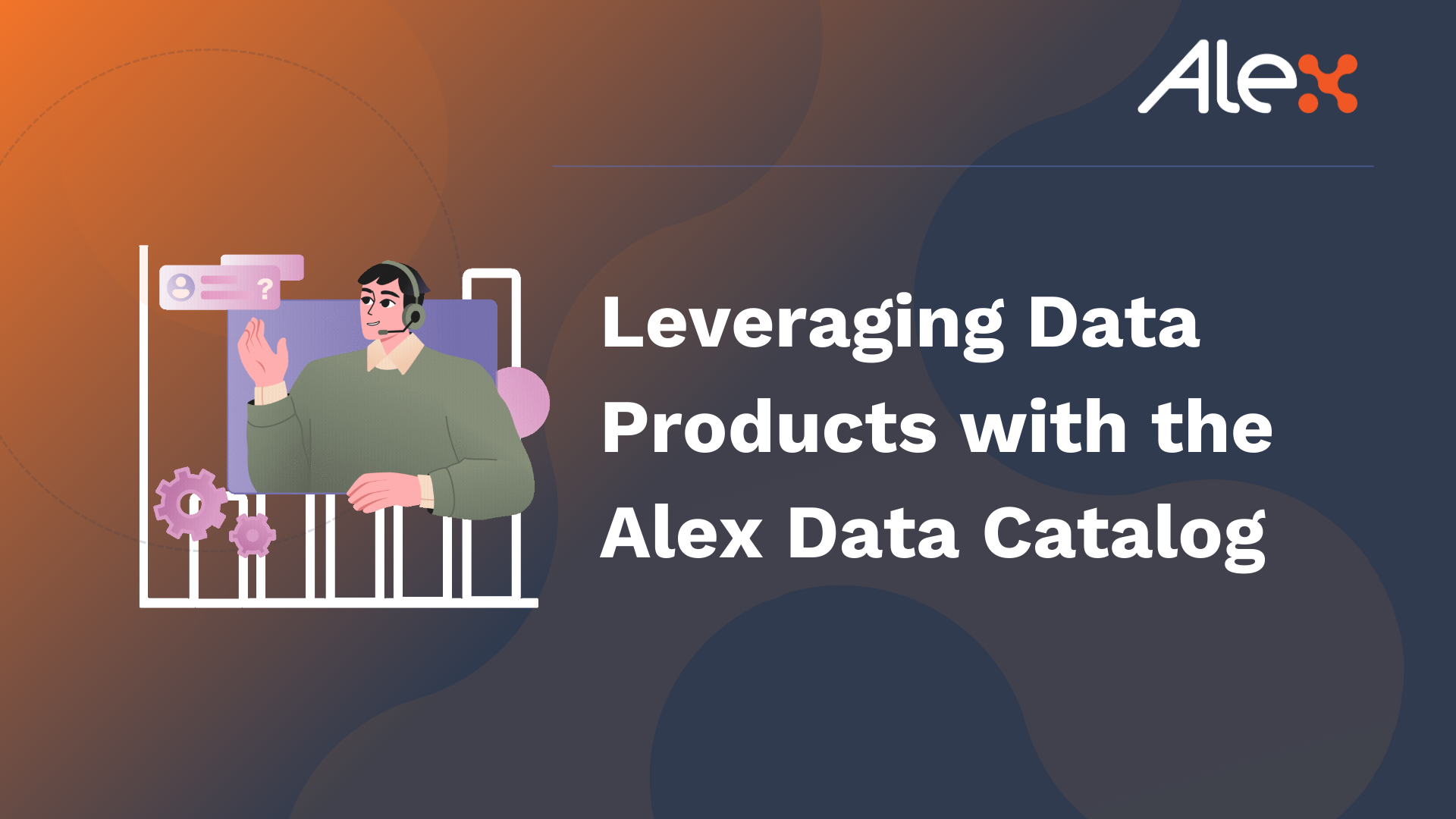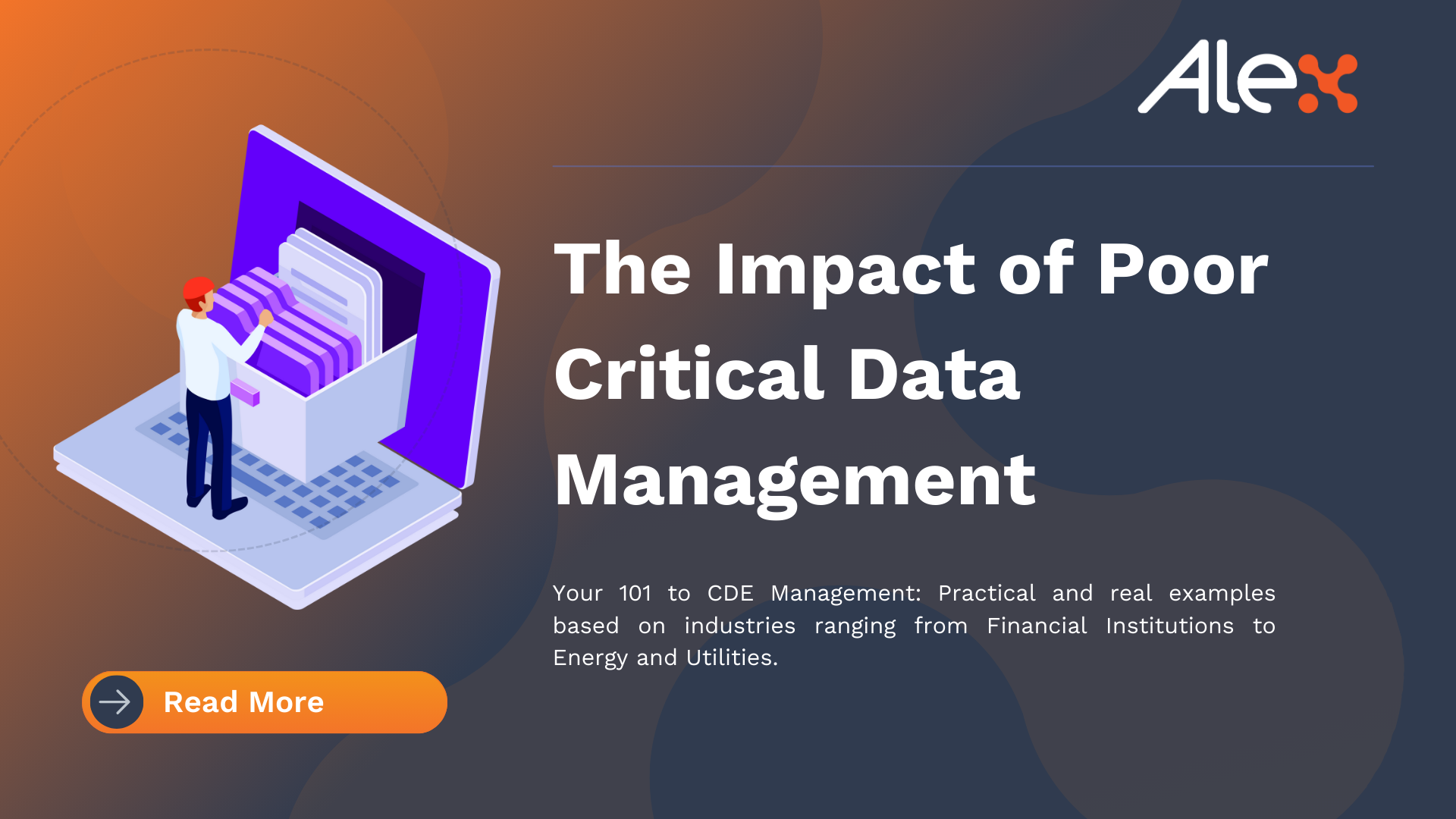Businesses are consuming increasingly large volumes of data, and business analysts are struggling to keep up. Self-service data allows business analysts to access the right data and make better decisions faster. Sometimes, the required data is not easily available in a format that business analysts can access. Self-service data empowers business analysts to find the right data and make better decisions faster. They can also use it to help others make better decisions by discovering new insights or enabling them with tools they didn’t have before.
What is self-service data?
Self-service data refers to accessing data without going through IT. Business analysts, data analysts, and even executives can access it. It’s an essential concept because it allows users to find the information they need when they need it without waiting for someone else’s approval or intervention. Self-service data empowers individuals and the organization overall by giving them more control over their workflows and processes.
Businesses are consuming increasingly large volumes of data and business analysts are struggling to keep up.
Businesses are collecting and consuming more data than ever before, and data is growing at a faster rate than business analysts can process it. Business analysts need to access the right data and make better decisions faster for their organizations to thrive in today’s competitive environment. Businesses have already been looking for ways to enable their business analysts with self-service data. According to Gartner’s 2019 CIO Agenda Survey: Data & Analytics, “by 2022, 85% of enterprises will use self-service analytics tools for their most strategic decisions.” So, how have organizations leveraged self-service data to achieve business success?
How Does Self-Service Data Enable Data and Business Analysts?
-
Increased Agility: With self-service data, Data and Business Analysts can access the data they need and explore it right away, without waiting for IT or other technical resources to provide it. This allows them to be more nimble and respond quickly to changing business needs.
-
Improved Accessibility: Self-service data democratizes data by making it accessible to a wider range of users. This means that Data and Business Analysts can access data that was previously unavailable to them or that was difficult to obtain.
-
Enhanced Collaboration: With self-service data, Data and Business Analysts can easily share data and insights with others in the organization, enabling collaboration and data-driven decision making.
-
Faster Insights: It enables Data and Business Analysts to quickly test hypotheses and explore different data sets. This can help them uncover new insights more quickly, leading to more efficient decision making and ultimately better business outcomes.
Empowered data and business analysts mean your business will run more efficiently and effectively.
Business analysts are responsible for analyzing business processes, identifying opportunities for improvement, and ensuring that the company is meeting its goals. They work with a wide range of internal stakeholders, from marketing to finance, and collaborate with external partners such as vendors or customers. Business analysts use their expertise in analytics to help their organizations make sense of all kinds of information, including historical data about sales performance, current sales figures, forecasts from third-party sources like industry analysts, and even social media posts from customers who might have complaints or suggestions about your products or services.
Self-service data empowers business analysts to find the right data, regardless of the size of your organization or IT department. Self-service analytics tools like Tableau or Power BI are designed for everyone in your organization, not just IT departments or tech experts who know SQL code well enough to write complex queries on their own. Self-service data enables business analysts to discover and derive new insights from existing data sources without the need for IT teams. It helps them get the right data, make better decisions, and solve complex problems faster.
It is no longer realistic to expect business analysts to wait for days or weeks for IT teams to build reports when they need answers quickly. That is why it is crucial. They enable business analysts to find solutions to their own queries without waiting for IT requests, which can take weeks. This, in turn, provides more time for other tasks and allows for better decisions based on real-time data rather than outdated historical information from a report created weeks ago.
In conclusion, self-service data empowers data and business analysts by providing them with greater control over their data, allowing them to work more efficiently and effectively, and contributing to better business outcomes. With the appropriate tools and access to data, analysts can discover new insights, investigate trends and patterns in their organization’s performance over time, and identify opportunities for improvement. These advantages help organizations make faster and better decisions, resulting in increased business outcomes. To learn more about how self-service data can benefit your organization or how Alex can integrate your business analysts with self-service data, request a free personalized demo:




